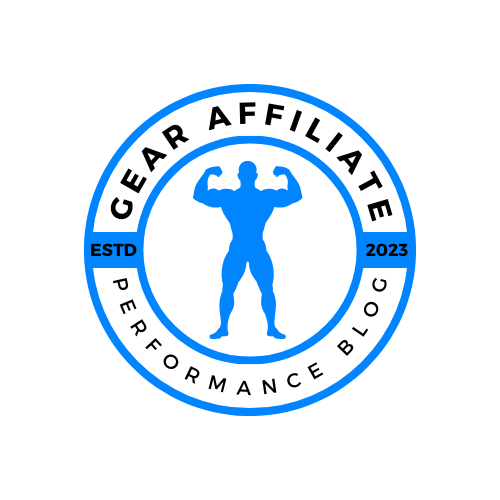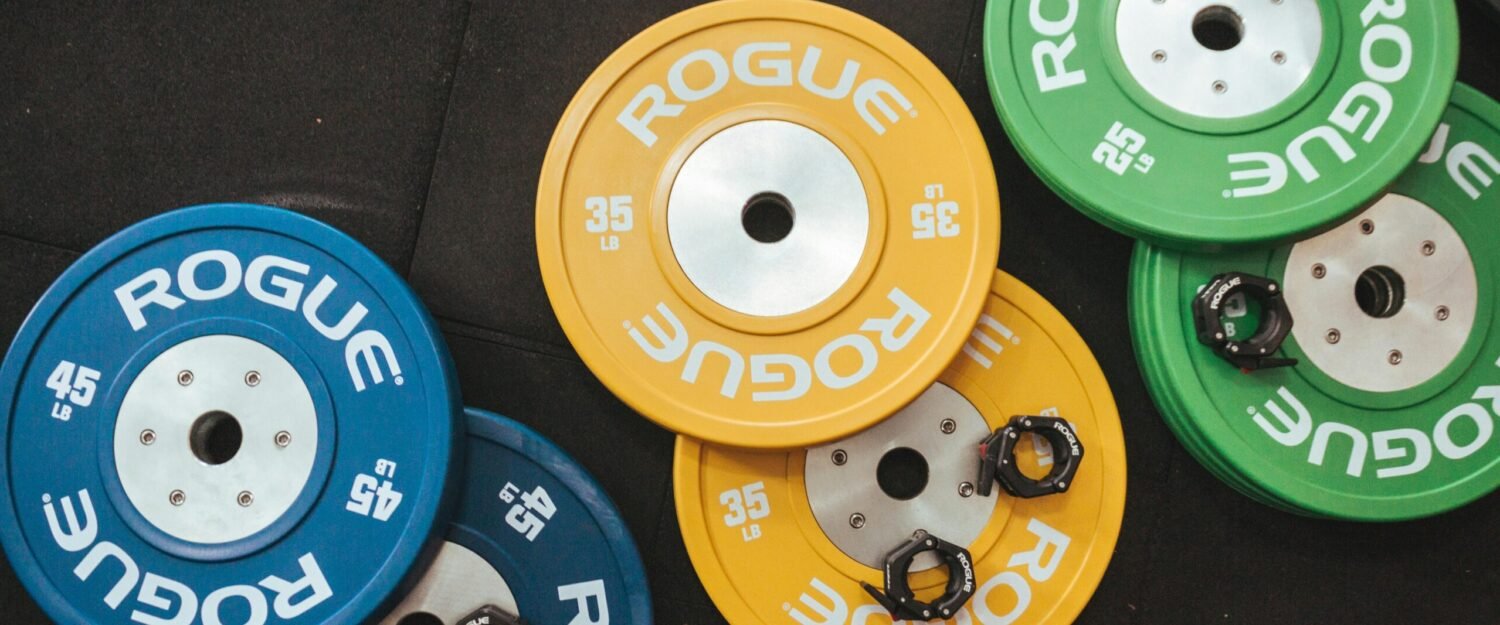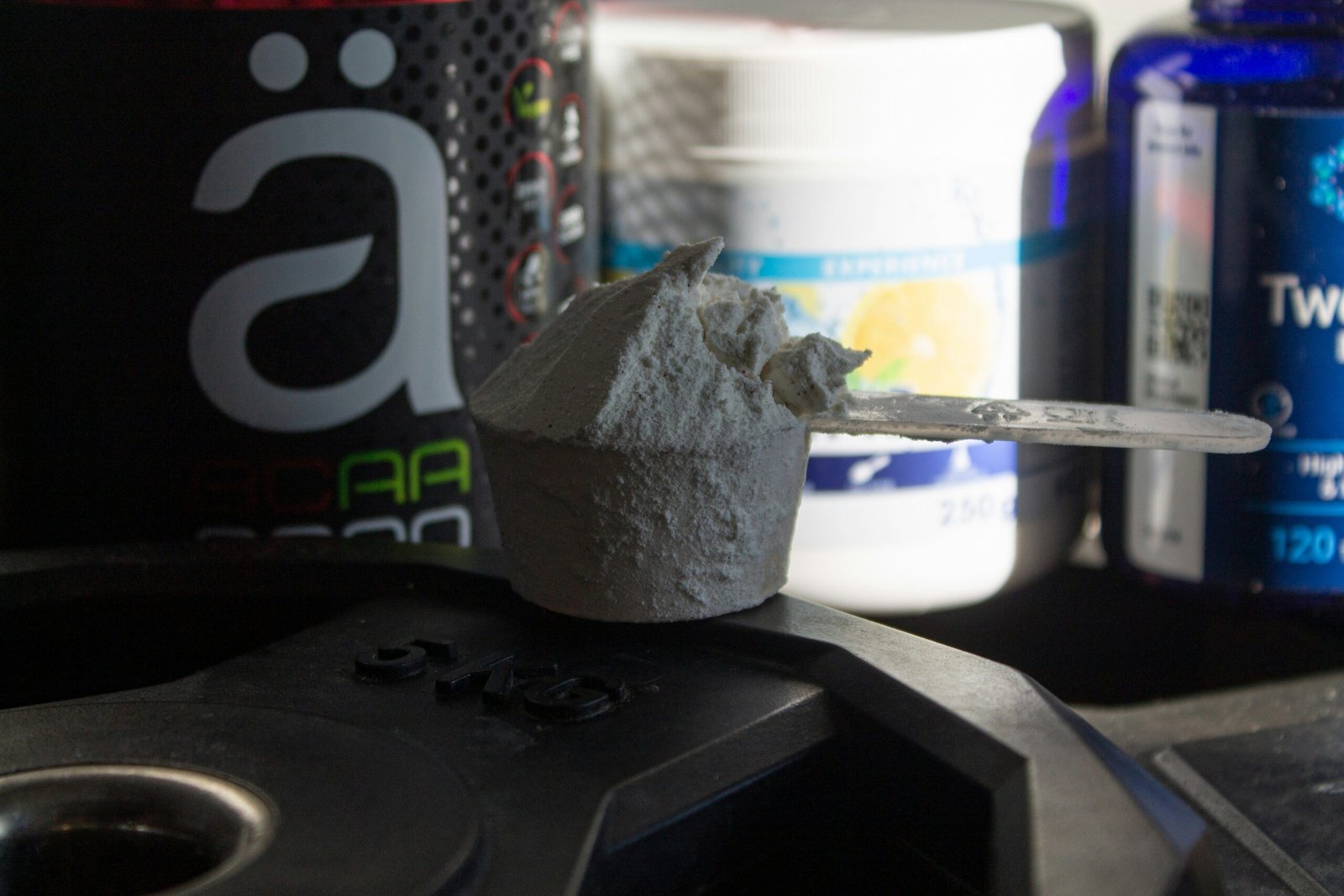- Why Fitness Supplements Matter—And Who Actually Needs Them
- What We Looked for When Choosing Supplements
- 1. Protein Powder: The Foundation Supplement
- Creatine Monohydrate: Strength, Power, and Real Results
- BCAAs: Support Recovery, Reduce Soreness, and Stay in the Fight
- Omega-3 Fatty Acids
- 5. Multivitamins: Filling the Gaps in Active Lifestyles
- How to Choose the Right Supplements for You
- Conclusion: Build Smarter, Not Louder
Written by our supplement testing crew
Built for lifters, athletes, and anyone serious about what they put in their body—this guide is written by real coaches who prioritize performance over hype.
Why Fitness Supplements Matter—And Who Actually Needs Them
If you train hard and eat well, fitness supplements aren’t magic—but they can fill in the gaps. Whether you’re trying to build muscle, bounce back faster from workouts, or just stop feeling sore all week, the right supplements can help you get there quicker.
Let’s be clear: no pill or powder replaces hard work or real food. But if your goal is performance, recovery, or body composition, strategic use of supplements can be a serious edge. And with Amazon making everything easier to access, the hard part now isn’t finding supplements—it’s figuring out which ones are worth your money.
This guide breaks down the most essential fitness supplements, what they actually do, and how to pick the best versions on Amazon right now. Whether you’re new to the gym or already dialed in, this is your no-fluff breakdown of what works.
What We Looked for When Choosing Supplements
Not every supplement on Amazon is worth your time. Here’s the criteria we used to make our selections:
- Effectiveness: Does it do what it claims? We prioritized supplements backed by research, athlete use, and real-world results.
- Customer Reviews: We filtered for high satisfaction—4-star average or better—and looked for consistency across thousands of users.
- Brand Reputation: Only trusted brands made our list. That means transparent labeling, clean manufacturing, and no shady proprietary blends.
- Ingredient Quality: Clinical doses, not just buzzwords. Every pick includes formulas that support real progress in the gym or recovery room.
- Value for Money: You shouldn’t have to overpay for results. We considered cost per serving and long-term use when making recommendations.
1. Protein Powder: The Foundation Supplement
Our Amazon Picks:
Optimum Nutrition Gold Standard Whey
A consistent favorite for taste, mixability, and quality.
Dymatize ISO100 Hydrolyzed Whey
Ultra-fast absorbing and easy on the stomach.
Garden of Life Meal Vegan Protein Powder
Clean, organic, and packed with extra nutrition
Why It Matters:
Protein is the building block of muscle recovery and growth. If you lift weights, do cardio, or train multiple times a week, hitting your daily protein target is critical—and powders make it easy to stay on track.
Best Uses:
- Post-workout muscle recovery
- Hitting daily protein goals without overdoing calories
- Preventing muscle loss during cutting or long training weeks
Top Types of Protein Powder:
- Whey Protein: Fast-digesting and rich in BCAAs. Great after workouts.
- Casein Protein: Slow-digesting. Ideal before bed or long gaps between meals.
- Plant-Based Protein: Best for vegans, vegetarians, and anyone avoiding dairy. Often includes added fiber and micronutrients.
Coach’s Tip:
Whey is usually best post-workout. Casein works overnight. If you’re plant-based, make sure the product includes a complete amino acid profile—not just “protein” on the label..
Creatine Monohydrate: Strength, Power, and Real Results
If you’re only going to take one supplement for performance, make it creatine.
Creatine monohydrate is hands-down one of the most effective, most researched, and most affordable tools for building strength and muscle. It works by helping your body regenerate ATP, the quick-access energy your muscles use during explosive training like lifting, sprinting, or wrestling live.
That means more power in your sets, more reps before failure, and better performance during every training session.
What It Does (and Why It Works)
- Increases strength and short-burst power output
- Improves recovery between high-intensity efforts
- Helps support lean muscle mass over time
You don’t need to “feel” creatine like a pre-workout. The results show up over time, especially when your training volume is high and recovery matters.
Dosing: Keep It Simple
You’ll see people talk about “loading phases” where you take 20g/day for a week. That’s unnecessary for most athletes, and it’s mostly pushed to make you go through the tub faster and buy another.
Here’s what we recommend:
- 3–5 grams per day, every day
- Take it with your post-workout meal or shake if possible (carbs and protein help with absorption)
- No need to cycle off. No need to overthink it.
Best Creatine on Amazon Right Now
There are a lot of flashy creatine blends out there with flavors and add-ins. Most of them just cost more and don’t work better.
Our go-to pick is:
➡️ Nutricost Creatine Monohydrate
Nutricost Creatine Monohydrate
Micronized Powder 500G, 5000mg Per Serv (5g) – 100 Servings
- Pure, unflavored powder—no sugar, no nonsense
- Over 46,000 reviews on Amazon, consistently rated a best-seller
- Third-party tested and trusted by serious lifters and athletes
- 5g scoop included, easy to mix in anything—water, protein, even coffee if you want
It’s everything you want in a creatine product: simple, proven, affordable. No marketing fluff, just results.
Coach’s Tip:
If you’re not already taking creatine, start now. You won’t “feel” it right away, but check your lifts and endurance 3–4 weeks from now—you’ll see the difference.
BCAAs: Support Recovery, Reduce Soreness, and Stay in the Fight
If you train hard multiple times a week, BCAAs can help you recover faster and feel less beat up.
Branched-Chain Amino Acids—leucine, isoleucine, and valine—are essential aminos that your body can’t make on its own. They’re most useful for athletes who train fasted, cut calories, or put in serious volume each week.
While BCAAs don’t build muscle on their own, they do support muscle protein synthesis, help prevent muscle breakdown, and reduce soreness—especially after intense sessions or long conditioning blocks.
What BCAAs Actually Do
- Reduce muscle soreness and DOMS
- Support recovery between workouts
- Stimulate muscle protein synthesis (mainly via leucine)
- Help preserve lean mass when dieting or training on low calories
They’re not a replacement for protein powder—but they’re useful in the right context, like training early with no meal, or during long lifting/cardio days.
Who BCAAs Work Best For
- Athletes training multiple times a day
- Anyone lifting fasted in the morning
- Lifters on a cut or calorie deficit
- Combat athletes, wrestlers, or endurance athletes doing long sessions with limited food intake
If you’re already getting enough complete protein throughout the day, BCAAs are optional—but if you fall into any of the categories above, they’re a solid tool to support your training and recovery.
Best BCAA Supplement on Amazon: Our Pick
There are a lot of solid BCAA formulas out there—Optimum Nutrition, Scivation, and MusclePharm are all names we trust. But if you’re new to BCAAs and want something that delivers, XTEND Original BCAA Powder is the one we recommend first.
➡️ XTEND Original BCAA Powder
XTEND Original BCAA Powder
7g BCAA and 2.5g L-Glutamine, Sugar Free Post Workout Muscle Recovery Drink with Amino Acids
- 7g of BCAAs per serving (with the clinical 2:1:1 ratio)
- Includes electrolytes for hydration during workouts
- Zero sugar, and mixes easily into water
- Over 100,000 reviews on Amazon—tried, tested, and consistently delivers
It’s one of the most popular recovery supplements in the fitness world for a reason: it works, especially for athletes looking to bounce back quickly and stay consistent.
XTEND Original BCAA Powder works by delivering 7g of BCAAs in a 2:1:1 ratio, which directly supports muscle protein synthesis, reduces breakdown, and speeds up recovery. The added 2.5g of L-Glutamine helps replenish muscle stores, combat fatigue, and support immune function, making it ideal for intense training. Plus, with hydrating electrolytes and a sugar-free formula, it keeps you fueled, recovered, and ready to perform without unnecessary additives.
Omega-3 Fatty Acids
Omega-3s: Joint Support, Inflammation Control, and Long-Term Performance
You don’t need to be an endurance athlete to benefit from Omega-3s.
If you lift, run, wrestle, or just train hard week after week, Omega-3s can help your body stay in the fight longer. These essential fatty acids support heart health, joint mobility, and recovery—especially by helping reduce inflammation that builds up from training stress.
They’re called “essential” because your body can’t make them on its own. And unless you’re eating fatty fish like salmon multiple times a week, you’re probably not getting enough from food alone.
Why Omega-3s Matter for Lifters and Athletes
- Anti-inflammatory support – Helps your body recover faster and reduce wear-and-tear over time
- Improves joint health – Lubricates joints and may reduce stiffness or nagging pain
- Supports heart and brain health – Lowers triglycerides, improves cholesterol, and helps blood flow
- May boost endurance – Better cardiovascular function means more oxygen delivery when you need it
Whether you’re doing high-volume lifting, grinding through mat sessions, or recovering from heavy loads, Omega-3s help keep your joints and heart in the game.
How to Supplement Omega-3s the Right Way
- Look for EPA and DHA content—not just “fish oil” on the label
- Aim for a combined 1000mg–3000mg of EPA + DHA per day for noticeable benefits
- Take it with food to improve absorption
- Choose brands that test for purity and heavy metals (fish oil can be a dirty industry if you’re not careful)
Best Omega-3 Supplement on Amazon
There are a lot of fish oil products out there—but not all of them are worth your money. The ones that made our shortlist focus on purity, sustainability, and proper dosing.
➡️ Sports Research Triple Strength Omega-3 Fish Oil
Sports Research Triple Strength Omega 3 Fish Oil
Fish Oil Supplement w/EPA & DHA Fatty Acids from Single-Source Wild Alaskan Pollock
- 1250mg total Omega-3s per softgel (with 690mg EPA + 260mg DHA)
- Sourced from wild-caught fish, not farm-raised
- IFOS-certified for purity and freshness
- No fishy burps, thanks to a natural lemon flavor coating
Other top options include Nordic Naturals and Carlson Labs, but Sports Research gives you the best dose for the price, especially if you’re trying to support your joints without overpaying.
Coach’s Tip:
If your knees, shoulders, or elbows start aching halfway through the week, start with 2–3 softgels per day and give it two weeks. Omega-3s don’t work overnight, but they can reduce chronic inflammation and extend your training lifespan over the long haul.
5. Multivitamins: Filling the Gaps in Active Lifestyles
Let’s be honest—most athletes aren’t eating perfectly every single day. Whether it’s a missed meal, travel, or dietary restrictions, it’s easy to fall short on key nutrients that your body needs to function at its best. That’s where multivitamins come in.
A high-quality multivitamin doesn’t replace a good diet—but it covers your bases when life gets chaotic. For athletes, gym-goers, and anyone living an active lifestyle, multivitamins can help support:
- Consistent energy levels
- Stronger immune defense
- Better recovery and endurance
- Hormonal and cognitive health
Vitamins like D, B12, magnesium, and zinc play a massive role in performance and recovery, but they’re often low in the average diet. And if you train hard, your demand for nutrients is even higher.
Our #1 Pick:
- Garden of Life Multivitamin for Men & Women – Whole-food based, organic, and loaded with nutrients that are easier to absorb
Garden of Life Multivitamin for Men
Garden of Life Multivitamin for Women
What to Look For in a Multivitamin:
- Third-party tested for purity and ingredient accuracy
- No cheap fillers or synthetic dyes
- Targeted formulas for your gender, activity level, and dietary needs
- Reputable brands that publish transparent labels and dosages
Bottom line: If you’re training consistently but feel run-down, sluggish, or keep getting sick, your body might be running low on essential nutrients. A multivitamin is a simple, proven way to stay covered.
How to Choose the Right Supplements for You
There’s no one-size-fits-all stack. Your supplement choices should reflect your goals, your body, and your level of training. Here’s how to approach it:
1. Know Where You’re Starting
If you’re new to training, keep it simple.
- Start with a basic protein powder, creatine, or multivitamin to support recovery and fill nutritional gaps
- Avoid stimulant-heavy pre-workouts or complicated stacks until you know how your body reacts
If you’re more advanced, or training 4–6 times per week, you may benefit from:
- BCAAs or EAAs for intra-workout recovery
- Creatine monohydrate for strength and muscle output
- Joint support supplements if wear and tear is adding up
2. Align Your Stack With Your Goals
Trying to cut weight?
Look for:
- Thermogenics that offer clean energy and appetite control
- Stimulant-free fat burners if you’re caffeine-sensitive
- Greens powders or nutrient support if you’re cutting food volume
Trying to build muscle?
You’ll likely want:
- Whey protein or mass gainers depending on your diet
- Creatine for strength and power
- Zinc, magnesium, and vitamin D to support hormone balance
3. Consider Your Health History
Don’t guess—talk to a registered dietitian or physician, especially if:
- You’re taking prescription medications
- You have preexisting health conditions
- You’ve had poor reactions to supplements in the past
Supplement timing, dosage, and interactions matter. Get clarity before you experiment.
4. Trust Reputable Brands
It’s tempting to grab whatever’s trending on TikTok or Amazon, but we don’t recommend it.
Stick with brands that offer:
- Transparent ingredient lists
- Third-party testing (like NSF or Informed-Sport)
- Clear, research-backed dosages—not fairy dust blends
Avoid:
- Hidden proprietary blends
- Unverified health claims
- Unrealistically low prices that don’t match the label quality
Conclusion: Build Smarter, Not Louder
Supplements won’t fix a bad diet or replace hard training—but the right ones can help you recover faster, stay consistent, and get more out of every session. From multivitamins to recovery tools, it’s about filling in the gaps—not piling on gimmicks.
To wrap it all up:
- Multivitamins help cover nutrient gaps, especially for active lifestyles
- Your fitness level, goals, and health status should guide your supplement stack
- Choose brands with real quality control, not marketing hype
- Supplements work best as part of a bigger plan—training, diet, sleep, and recovery all matter
Let’s Hear From You
Tried something that worked? Had a product that didn’t live up to the hype? We want to hear it. Drop your supplement wins (and fails) in the comments and help the next athlete avoid trial and error.
We’ll keep updating our reviews and guides based on what actually works—not just what sells.
Built for lifters, athletes, and anyone serious about what they put in their body.
If you found this post to be helpful, then you may be interested in the rest of our blog page here.
Discover more from GearAffiliate
Subscribe to get the latest posts sent to your email.










